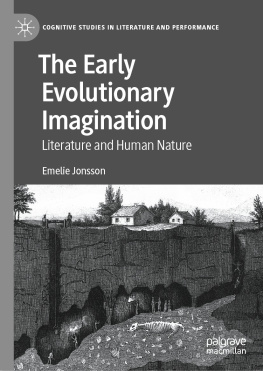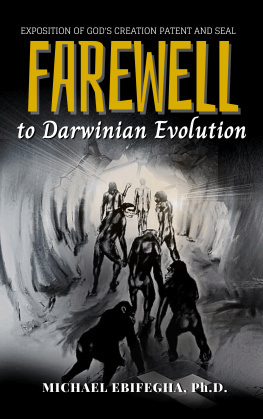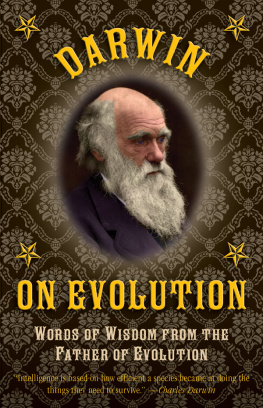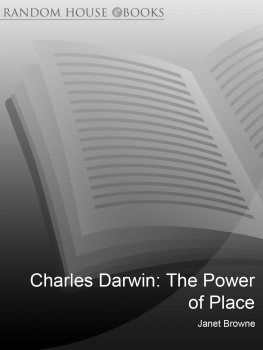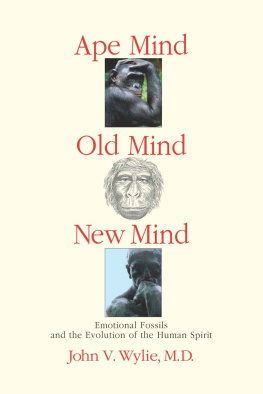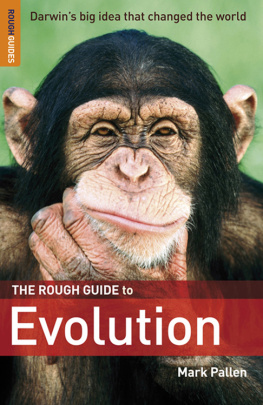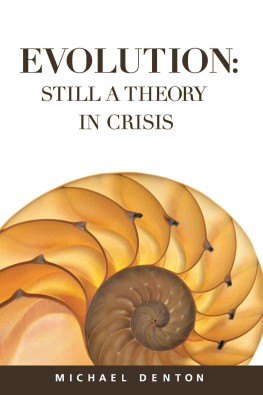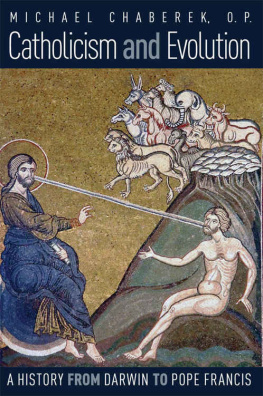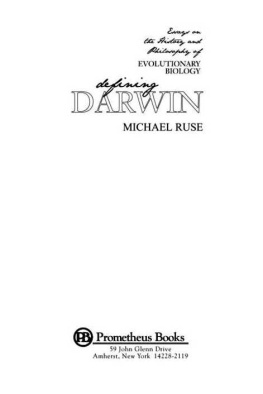Cognitive Studies in Literature and Performance
Series Editors
Bruce McConachie
Department of Theatre Arts, University of Pittsburgh, Pittsburgh, PA, USA
Blakey Vermeule
Department of English, Stanford University, Stanford, CA, USA
This series offers cognitive approaches to understanding perception, emotions, imagination, meaning-making, and the many other activities that constitute both the production and reception of literary texts and embodied performances.
More information about this series at http://www.palgrave.com/gp/series/14903
Emelie Jonsson
The Early Evolutionary Imagination
Literature and Human Nature
1st ed. 2021

Logo of the publisher
Emelie Jonsson
UiT The Arctic University of Norway, Troms, Norway
Cognitive Studies in Literature and Performance
ISBN 978-3-030-82737-3 e-ISBN 978-3-030-82738-0
https://doi.org/10.1007/978-3-030-82738-0
The Editor(s) (if applicable) and The Author(s), under exclusive license to Springer Nature Switzerland AG 2021
This work is subject to copyright. All rights are solely and exclusively licensed by the Publisher, whether the whole or part of the material is concerned, specifically the rights of translation, reprinting, reuse of illustrations, recitation, broadcasting, reproduction on microfilms or in any other physical way, and transmission or information storage and retrieval, electronic adaptation, computer software, or by similar or dissimilar methodology now known or hereafter developed.
The use of general descriptive names, registered names, trademarks, service marks, etc. in this publication does not imply, even in the absence of a specific statement, that such names are exempt from the relevant protective laws and regulations and therefore free for general use.
The publisher, the authors and the editors are safe to assume that the advice and information in this book are believed to be true and accurate at the date of publication. Neither the publisher nor the authors or the editors give a warranty, expressed or implied, with respect to the material contained herein or for any errors or omissions that may have been made. The publisher remains neutral with regard to jurisdictional claims in published maps and institutional affiliations.
Cover illustration: bauhaus1000/GettyImages
This Palgrave Macmillan imprint is published by the registered company Springer Nature Switzerland AG
The registered company address is: Gewerbestrasse 11, 6330 Cham, Switzerland
For the ones who raised me with art and nature,
and for the one who unified my universe.
Acknowledgments
Acknowledgments, like novels, vary by temperament. Some scholars are naturally inclined to praise the human contact that has shaped their minds during a decade-long process of composition. Others, more private, restrict themselves to lists of official research bodies. This scholar tends toward the private but recoils from formalized gratitude. I hope readers of this preliminary will be tolerant.
A few mentions must be made. Though Professor Marcus Nordlund is no longer with us, this book would not exist without him. He introduced me to the field of evolutionary literary theory and allowed me to pursue it. One of the first things he told me was that This field is full of fascinating people who love both science and literature. I have since found his claim to be true beyond his personal example. I keep memories of our wry debates, aggravating disagreements, and moments of mutual intellectual appreciation. I still hear his voice when I write, cautioning against overreaching from the data or reducing literature to abstractions. Though I dont always listen (then as now), I cherish the voice.
Marcus told me about an intensive summer course called Evolution, Literature, and Film held in 2011 at Aarhus University, Denmark. That is where I met Curators Professor Joseph Carroll, pioneer of evolutionary literary theory, and the then star Ph.D. candidate Mathias Clasen. No single encounter has been more significant for my intellectual development. Mathias has gone on to become Associate Professor at Aarhus University, leader of the Recreational Fear Lab, author of books with prestigious presses, TED-talker, and oft-cited international authority on the horror genre. Meanwhile, he has remained a steadfast friend and intellectual companionstill giving and taking editorial cuts with grace, including many administered to this book. The students he raises in Aarhus have been similarly gracious. A special recognition goes to the up-and-coming authority on villains and video games, Jens Kjeldgaard-Christiansen, whose keen editorial eye has saved me from many indignities.
My greatest debt is to Joe Carroll. His hypothesis about the adaptive function of the arts first expanded my mind toward my conclusions about Darwinian myth-making, and he has helped refine those conclusions through ten years of lively discussion. His critical eye is as judicious as it is ruthlessand it is, indeed, quite ruthless. There is no one I trust more to tell me when Im wrong, to acknowledge when Im right, or to let my ideas be my own. He has been a supporter beyond his contributions to this book: an anchor in the tumultuous world of academic intrigue, and a Virgil for the never-ending wanderings of literary education.
I will not linger on friends and family. Suffice to say that Im fully aware that Im fortunate. You are, alas, entangled in this book: My parents on the wild island; my night-and-day brothers with night-and-day families; the librarian farmers son with oceanic compassion; the militaristic engineer with a razor-sharp literary mind; and the former zoo keeper, part-time jewelry maker, who gifted me a notebook of poetry called Human/Nature.
I have seen acknowledgments humorously capped by the inclusion of pets. The humor is appropriate, since the dogs and cats do not care either way, but my gratitude is rather earnest. This book would have been very different if I had not lived from childhood in direct contact with uncompromisingly non-human perspectives.
Permissions
Parts of Chapter : Joseph Conrads Evolutionary Imagination were previously published in Evolutionary Perspectives on Imaginative Culture (Springer, 2020) as Heart of Darkness: Joseph Conrads Confrontation with Amoral Nature.
Contents

